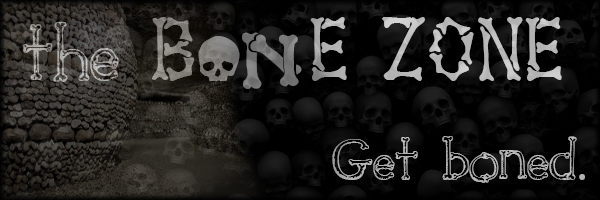
Copyright © 2018-2020 C.E. by Dustin Jon Scott
Introduction
Welcome to The Bone Zone! By using the navigation tables in the upper right hand corner or clicking the internal links below, you can bone up on all things bony. Bone.
Creatures who have bones are known as vertebrates or “fish”. This includes not only the majority of creatures commonly called “fish”, but in a cladistic or genetic sense encompasses all vertebrates, even the land vertebrates and their descendants. This is because in biology, we define genetic groups (clades) as the common ancestor of two organisms, plus everything that descended from that common ancestor. Since the land vertebrates evolved from within the lobe-finned bony fishes, and since the bony fishes belong to the jawed fishes, then if the common ancestor of the jawed fishes and the jawless fishes was a fish, that, by extension, means that land vertebrates are a type of fish as well. That’s right — you’re a fish, I’m a fish, all mammals, birds, other reptiles, and amphibians descend from within the fishes. So when someone says, “a whale (or a dolphin) isn’t a fish, it’s a mammal,” that person is technically wrong: a whale (or dolphin) is a fish precisely because it’s a mammal!
The study of bones is known as osteology.
The study of creatures who possess bones is called ichthyology, although this is typically treated as conceptually distinct from herpetology (the study of non-avian, non-mammalian tetrapods), mammalogy (the study of mammals), and ornithology (the study of birds), even though tetrapods (including mammals and birds) are types of fishes, in the same way that mammalogy is considered conceptually distinct from anthropology even though humans are a type of mammal.
Vertebrates & Craniates
Previously, the scientific name for the fishes was craniata. This was because hagfish have a cranium but no backbone, and so it was hypothesized that crania evolved before vertebrae did and that the hagfish were a sort of “living fossil” left-over from a pre-vertebrate phase in our evolutionary past. However, it now appears that the hagfish are secondarily invertebrate and share a more recent common ancestor with lampreys than with other fish. Thus, the term “craniata” is obsolete and synonymous with vertebrata for phylogenic or taxonomic purposes.
However, the term “craniates” is still occasionally employed to refer to the genetic group vertebrata in discussions of morphology, and “vertebrates” used for that subset of extant vertebrata who still have backbones.
Extant Vertebrates
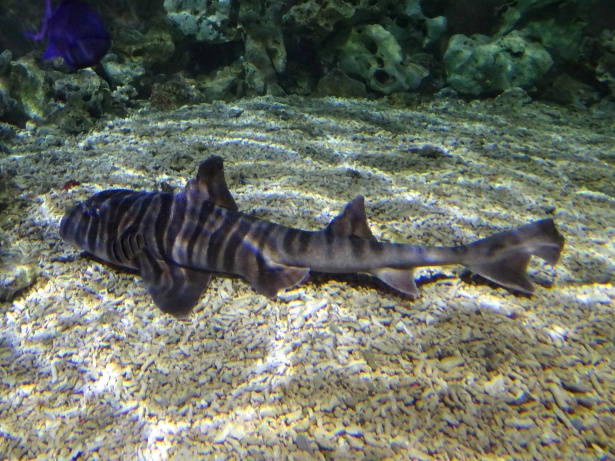
|
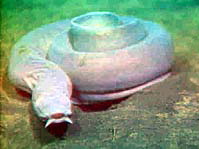
|
Subsections
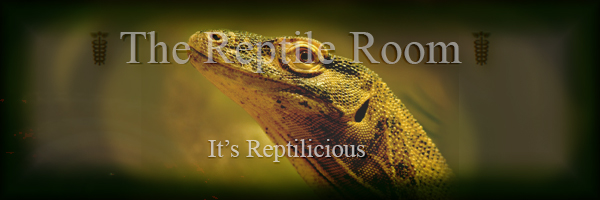
|
The Reptile Room: it’s reptilicious — herpetology, the subdiscipline of ichthyology dealing with the land-fish known as “tetrapods”. Generally focuses on the study of non-mammalian, non-avian tetrapods. |
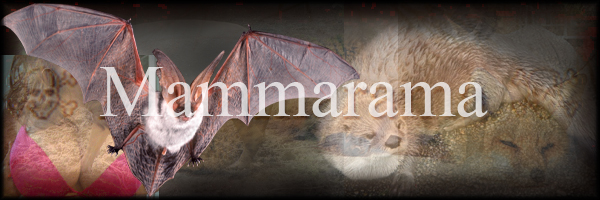
|
Mammarama: It’s Lactastic — mammalogy, the subdiscipline of herpetology dealing with the lactating land-fish known as “mammals”. |
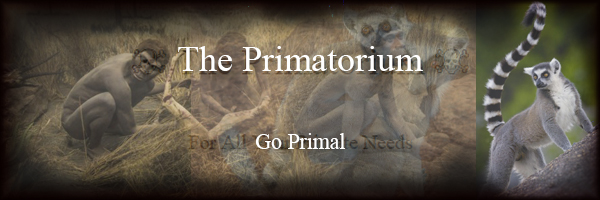
|
The Primatorium: Go Primal — primatology, the subdiscipline of mammalogy dealing with the tree rats known as “primates”. |
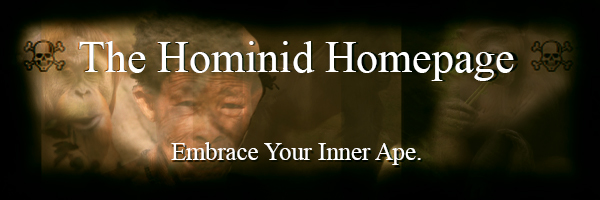
|
The Hominid Homepage: For All Your Homo-Needs — palæoanthropology. |

|
Religion & Spirituality — cultural anthropology. |
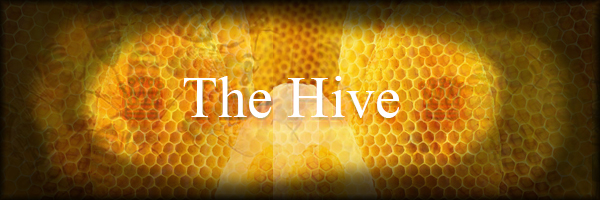
|
The Hive: Question. Subvert. Resist. — sociology & social ethology. |

